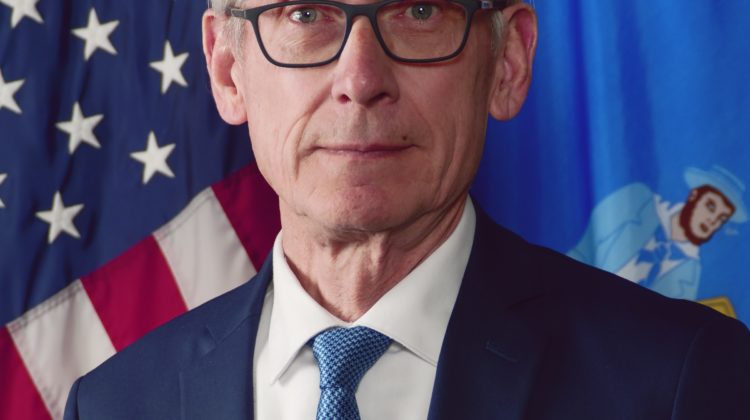
Gov. Tony Evers last week launched a legislative survey of the full Wisconsin State Legislature, asking all 132 legislators to take public positions and answer questions on the merits of the governor’s comprehensive plan to address the state’s longstanding workforce challenges, including whether legislators support investments to increase access to affordable child care and prevent the child care industry’s collapse, expand paid family leave, educate and train future workers, and support high-need workforce sectors statewide.
Legislators were asked to respond by 5 p.m. on September 14, ahead of the governor’s special session to address these pressing issues that is scheduled for today, Wed., Sept. 20, at noon. The survey included questions such as:
- Do you agree that one of the greatest issues facing Wisconsin is our state’s ability to find, recruit, and retain workers to join our workforce?
- Do you agree that losing hundreds or even thousands of Wisconsin’s child care providers and slots statewide will force workers to leave our state’s workforce?
- Do you support creating a 12-week paid family leave policy in Wisconsin that allows smaller employers with fewer than 50 employees the ability to opt in?
- Do you agree that higher education, including the University of Wisconsin System and Wisconsin Technical College System institutions, are critical to educating, training, retaining, and recruiting Wisconsin’s workforce?
As of this morning, not one of the 86 Republican legislators who serve in the Wisconsin State Legislature responded to the survey, refusing to publicly state their positions on specific policy components of the governor’s workforce plan, the workforce plan in its entirety, and what initiatives or plans, if any, they support to meaningfully and comprehensively address the state’s workforce challenges.
As part of the survey, Gov. Evers also asked any legislators to provide feedback and suggest changes or amendments to his workforce plan in an effort to garner bipartisan support for the proposal. Not one Republican legislator responded to the survey with any suggested modifications to the governor’s plan. Both Democratic caucuses in the Wisconsin State Assembly and Wisconsin State Senate responded to the survey in support of Gov. Evers’ comprehensive workforce plan.
Republican inaction comes as earlier today a new report (pdf) released from Forward Analytics and first reported on by WisPolitics.com highlights that the average cost for newborn care in Wisconsin was between $10,400 and $13,572 annually in 2021. The report also shows that child care costs can consume up to 36 percent of a family’s household income for parents under the age of 25 at the median income and 18 percent for parents between 25 and 44 at the median income. For a typical family with parents under 25, child care costs can reach as high as 70 percent of the household’s income for two children in care. All told, the report highlights that the cost of child care for two young children in Wisconsin is now more than the average rent or mortgage and exceeds the annual cost of tuition to send two students to the University of Wisconsin-Madison. The report suggests that without consistent, ongoing funding through a program such as Child Care Counts, child care will remain understaffed and unaffordable for families in Wisconsin.
Gov. Evers has made it a priority to address Wisconsin’s workforce challenges, including by investing in efforts that support affordable, accessible child care, like the Child Care Counts Program. To date, the Child Care Counts Program has helped more than 4,440 child care providers keep their doors open, ensuring the employment of 22,000 child care professionals and allowing providers to continue to provide high-quality care to more than 113,000 kids.
In his 2023-25 biennial budget proposal, Gov. Evers proposed making the Child Care Counts Program permanent with a more than $340 million investment to continue supporting Wisconsin’s early care and education community, as well as the working families who depend on this care to get to work and put food on their tables. Unfortunately, despite the state’s historic surplus, Republicans in the Legislature decided against putting any funding toward Child Care Counts, meaning the program is set to end in January 2024.
Today, the Wisconsin State Legislature is scheduled to meet in a special session at noon to take up the governor’s $1 billion comprehensive plan to address the state’s longstanding workforce challenges, prevent future closures of child care providers, and help keep care affordable for working families by investing more than $365 million in child care supports statewide, including in the Child Care Counts and Partner Up! Programs at the Wisconsin Department of Children and Families. Details on the governor’s comprehensive plan are available here.
